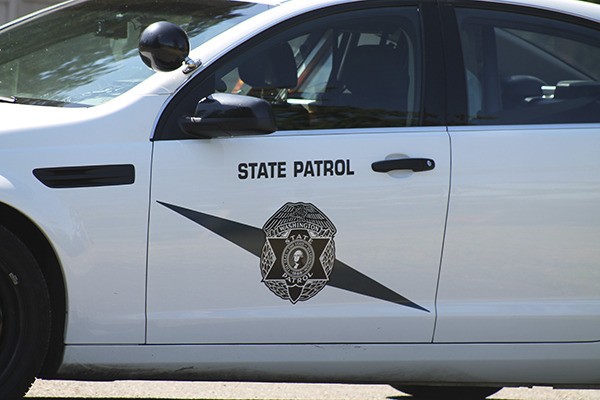A new survey of drivers shows seven out of 10 have used marijuana and almost half of those recently have driven within a couple of hours after marijuana use.
If you or someone you know uses marijuana and drives while high, beware — extra DUI patrols are happening statewide this holiday season between now and Jan. 1, 2015.
According to preliminary results of a June survey measuring driver impairment on Washington’s roads, nearly 90 percent of those same drivers said they did not think marijuana degraded their driving ability, despite research showing that driving while high doubles your chance of killing yourself or others in a crash.
In fact, 25 percent of those respondents felt that driving while high made them a better driver.
“It’s extremely troubling to me that so many marijuana users think that driving high is not a problem. It’s a serious problem,” said Darrin Grondel, Washington Traffic Safety Commission director.
From 2009-2013, more than 1,000 people died in impaired driving collisions in Washington. Impaired driving is involved in nearly half of all traffic deaths and more than 20 percent of serious injury collisions.
In addition to those tragic consequences, a DUI arrest comes with heavy penalties. A DUI arrest carries up to a year in jail, a $5,000 fine and a loss of a driver’s license. DUI offenders also can be ordered to wear an electronic ankle bracelet. Many must install an ignition interlock device, which prevents a car from starting if the driver has been drinking. Defense attorney fees can cost as much as $10,000 and insurance rates can double.
In Clallam County, the Port Angeles and Sequim police departments, the Clallam County Sheriff’s Office and the Washington State Patrol will be teaming up and participating in the extra patrols, with the support of the Clallam County DUI Target Zero Task Force.
All of these extra patrols are part of Target Zero — striving to end traffic deaths and serious injuries in Washington by 2030.
For more information, visit www.targetzero.com.



